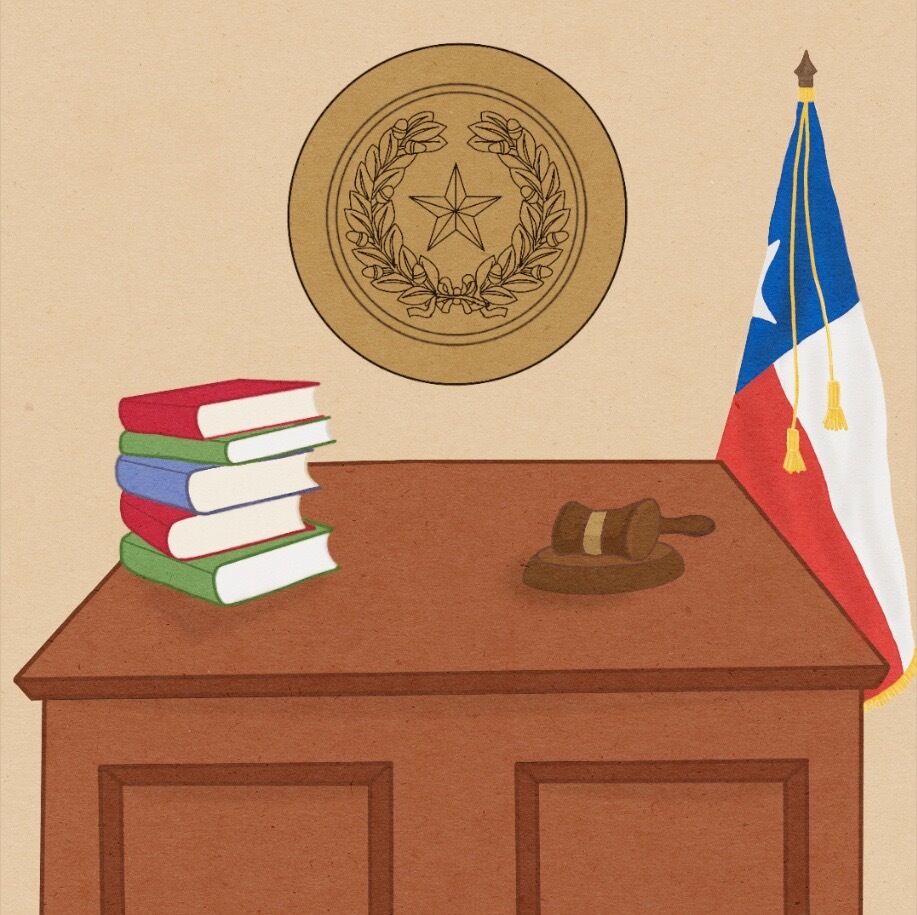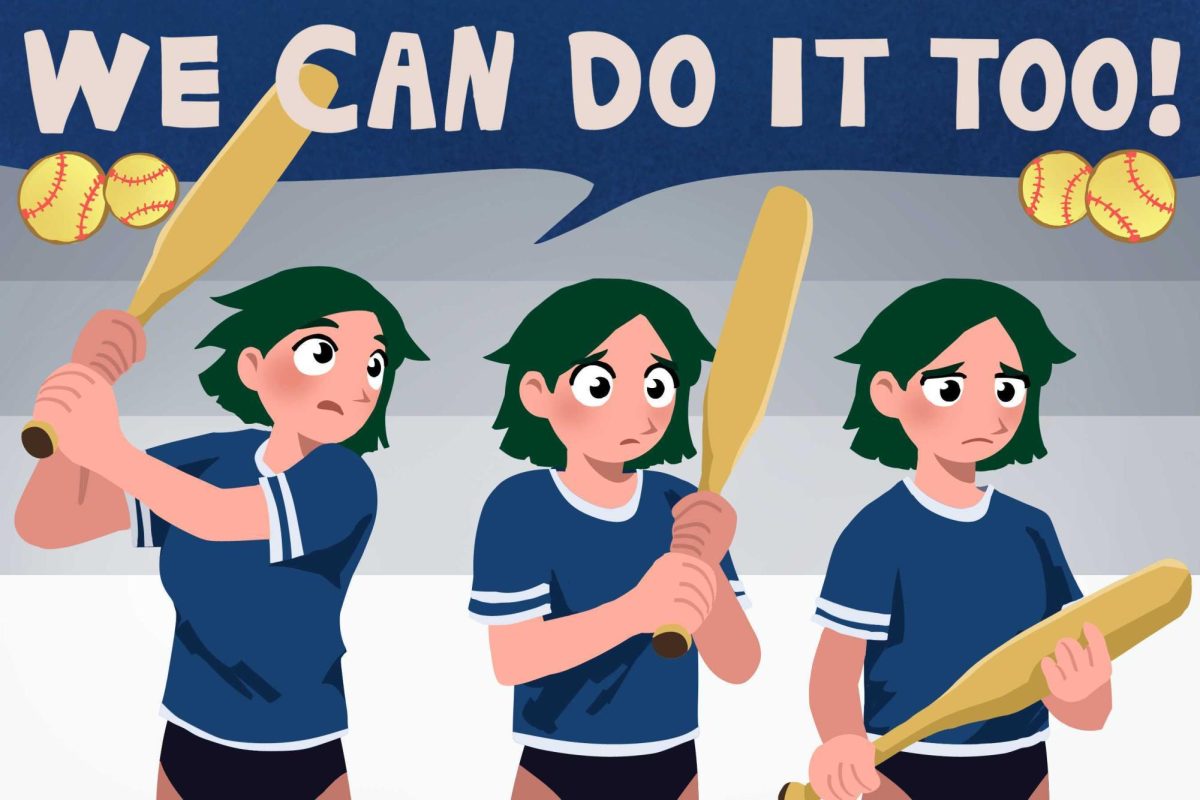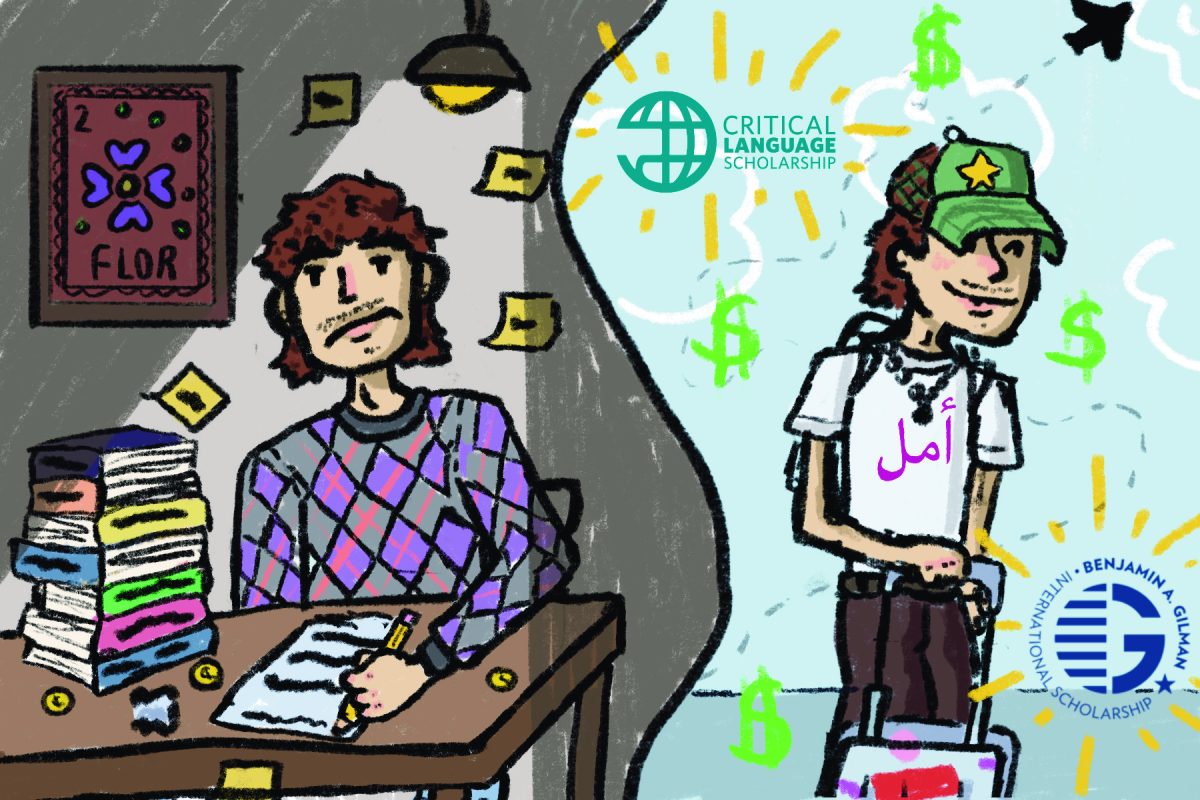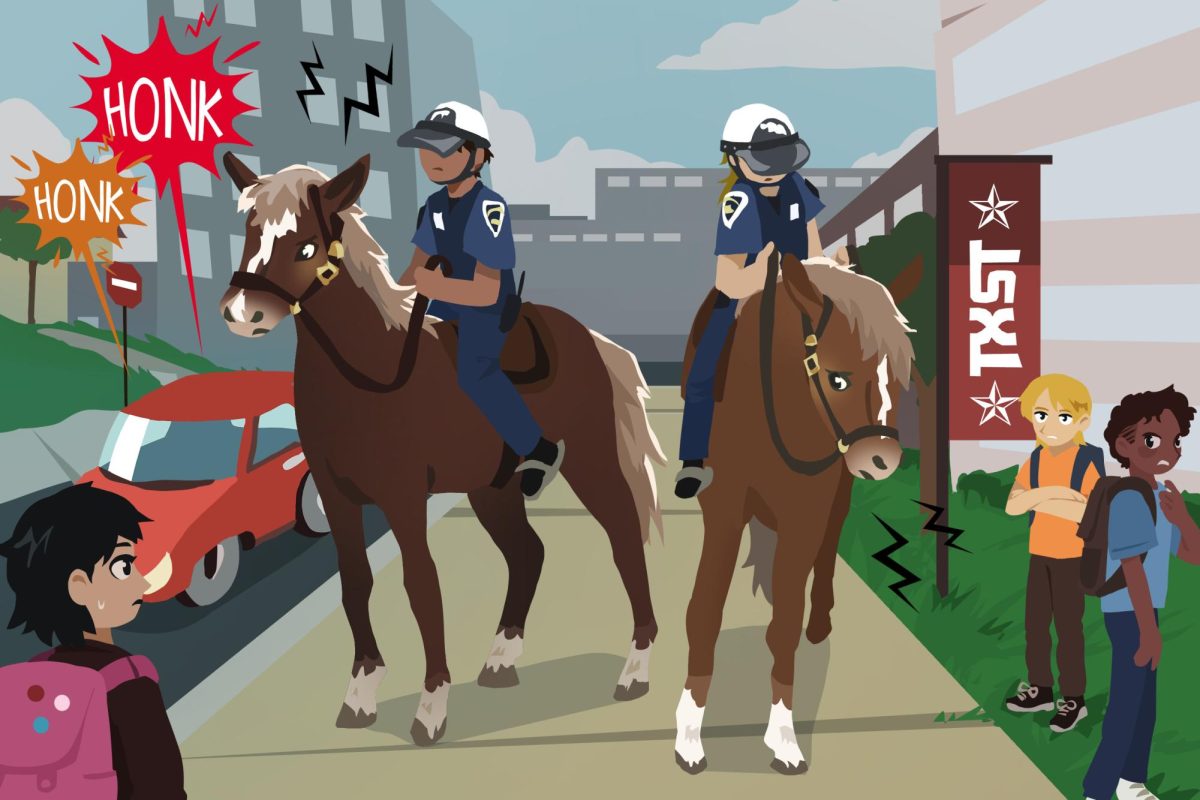The battle against censorship is a human rights issue that has been ongoing for many years. However, when it comes to recent legislative policy, it can feel as if Texas is reversing time.
On June 13, Gov. Greg Abbott signed House Bill 900 (HB 900), a bill that aims to restrict and ban certain books within school libraries.
Overall, HB 900 works to attack books that are “sexually explicit”. However, the bill makes an inefficient attempt to protect children and instead teeters on the edge of censorship. Vague language, Texas precedent and impediments on school librarians are all attributes that make the bill controversial. Legislators say book bans and restrictions will protect children, but in order to serve the children in Texas, legislators must stop appealing to a minority voice that calls for school libraries to be upheaved.
The language of the bill is one of the principal causes of concern. The bill makes two distinctions that will contribute to a rating system that must be executed by book vendors before selling to libraries. These two ratings are “sexually explicit” and “sexually relevant.”
Sexually explicit is defined in the bill as books that are “patently offensive” or violating “current community standards of decency”. Sexually relevant is defined as books that contain sexual content, but adhere to school curriculum. Books that are deemed explicit will be taken off the shelves, while sexually relevant books would require parents’ permission to read.
The broadness of these terms and their definitions have many Texans and legal experts worried about the bill’s ability to restrict books that are not inappropriate.
The vague language in HB 900 could also allow for many books, ones with scientific, educational and literary merit, to be cast as explicit and no longer be available to students K-12.
After establishing its broad criteria and definitions for a rating system, little clarity is provided as to what books will soon fall under the “sexually explicit” umbrella. At the enablement of these broad terms, any book including classics, fiction, non-fiction, graphic novels and many more could be under attack.
To gain a better understanding of the specific books being targeted by HB 900, one must look at the precedent Texas has established regarding books in the past few years.
According to Pen America, a large influx in the movement toward banning books began in 2021. From July 1, 2021, to June 30, 2022, Texas saw 801 instances of school-district-issued book bans, and in the 2022-2023 school year, Texas was among the few states in the U.S. with the most amount of challenged books.
The books that were targeted most prevalently involved ideas surrounding race, gender, history and sexual orientation.
In 2021, Matt Kraus, chair of the Texas House General Investigating Committee (GOP), sent a letter to Texas school districts that contained a list of 850 books that contained the previously mentioned themes. He required schools to respond with what books were being shelved, and how much money was spent on them.
The books targeted had themes about U.S. history, such as “The Confessions of Nat Turner” by William Styron, a Pulitzer Prize-winning novel. Others challenged normative familial structures, such as “And Tango Makes Three“, a children’s book about two same-sex penguins and their daughter.
Abbott disguises this bill under the idea of “empowering parents and students” when in reality, he is robbing children of exposure to identities that are different from their own. This bill also has the power to take away representation for some children. Experts worry that if certain titles are removed from shelves, students won’t be able to grow which could affect them down the line in college, possibly at Texas State, and their professional lives.
During the 2021-2022 school year, the labeling of books as “pornographic” and obscene sharply increased according to Pen America’s analysis. However, the books labeled as such did not fit the long-established legal definitions of “pornography.”
Overall, looking at the precedent Texas has set and the intense amount of book challenges in the past few years, HB 900 is concerning in its motives. While nobody wants children exposed to sexual content, there is a line to be drawn between the need to protect children and the want to control the ideas they are exposed to through reading.
Another main factor that is controversial about HB 900 is the disabling of school librarians to serve their students in the way they best see fit.
There are worries among school districts about establishing a standardized rating system and the costs for book vendors to execute it. Many librarians worry that because book vendors will have to conduct book ratings before selling to Texas libraries, they might hire a third party to conduct this process. These extra efforts will cost money that could possibly be passed to schools, or it could deter some vendors from selling to Texas schools.
Librarians are also anticipating that acquiring new books for their shelves will become an extremely slow process, undermining the success and quality of Texas school libraries.
School librarians already function under well-established standards under the Texas Administrative Code. School librarians are not people who are widely distrusted, and in a survey published by the American Library Association, 74% of parents said they held confidence in school librarians to choose what books should be available to children. 70% oppose the removal of library books.
The movement in Texas towards increased book restriction is undemocratic, and it pushes the boundaries of what many Americans believe to be an essential facet of a free society: the right to read.
Legislation such as HB 900 does not reflect the wants of most parents and instead forces all libraries to adhere to a certain ideology and repress the student’s access to different perspectives, stories and knowledge. In order to protect the democracy and liberties of Texas citizens, legislators need to listen to the majority and not legislate the right for children to read.
-Faith Fabian is an English sophomore
The University Star welcomes Letters to the Editor from its readers. All submissions are reviewed and considered by the Editor-in-Chief and Opinion Editor for publication. Not all letters are guaranteed for publication.

























